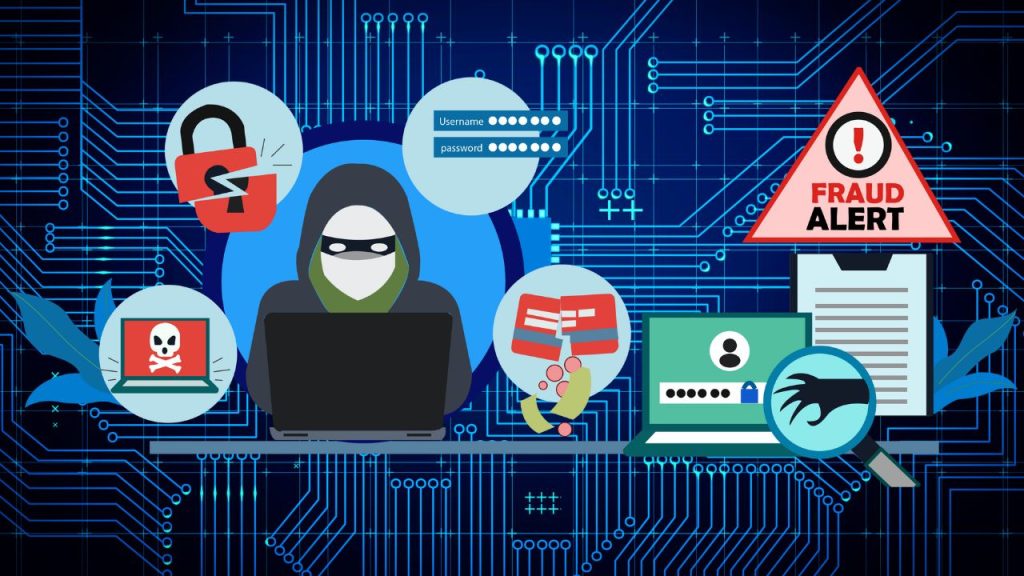Let’s discuss online safety for kids!
I was the technology teacher for an elementary school for many years. A significant part of the instruction was online safety and etiquette. Unfortunately, many young children have unrestricted access to the internet. Their parent(s) either don’t monitor what they are doing or assume their kids are acting responsibly.
The simple truth is that your child may be acting responsibly. Unfortunately, the internet is full of online predators and criminals looking to steal identities, bully, and more. Many pretend they are children. Others infiltrate children’s websites and games.

Internet Safety
Federal and state governments have laws to protect kids. Unfortunately, many offenders of internet crimes do not have citizenship and the government has no control.
By the time a parent realizes that something has happened, it is too late. Their child has become a victim. The effects of unsafe online activity are substantial.
Several studies by leading health organizations, like Yale and the Mayo Clinic, confirm what common sense tells us. Too much internet and social media time has extraordinarily negative mental and physical health consequences for children.
Various problems that people may experience include; difficulties with school, trouble sleeping, irritability, body image issues, sadness, anxiety, ADHD, and thoughts of suicide.
Here are some disturbing statistics from the Cleveland Clinic.
- Teens who spend more than three hours a day on social media double their risk of depression and anxiety.
- Children younger than 11, who use Instagram and Snapchat are more likely to have problematic digital behaviors.
- 33% of girls ages, 11 to 15 years old, feel addicted to social media.
- 46% of teens 13 to 17 years old said social media made them feel worse about their bodies.
- 64% of teens report they’re often or sometimes exposed to hate-based content.
- 6 out of 10 teenage girls have felt uncomfortable after a stranger contacted them on social media.
Other studies have found even scarier results. Parents need to monitor their child’s internet activity.
So, how can you be vigilant as a parent(s)?
Teaching Your Kids

Ask yourself these questions: does your child need a cellphone 24/7? How many hours each day is your child playing games or surfing the internet? What social media apps are you allowing your child to use regularly?
Does your child have apps that do not appear on the desktop? Are parental controls set up on your child’s phone? Are screens in your home used in common areas?
Some apps let users send messages, photos, or videos that disappear once the recipient has seen them. Do you, as a parent(s), know the accounts they are using? Do you have password access to your child’s accounts?
Screening Inappropriate Content
The best defense is to limit your child’s exposure to bad influences. Think of it this way… Would you ever hand a ten-year-old the keys to your car and a credit card and tell them they can go anywhere they want?
You say, “Why, of course not – that’s silly!” How is this different from allowing children unrestricted access to the internet through a phone or computer? If you don’t monitor your child’s online activity, you expose them to harmful influences.
If putting limits and monitoring were enough, then parent(s) could breathe a sigh of relief and not worry. Unfortunately, It’s not. The second action you take is to have rules and, more importantly, follow them.
We suggest these simple rules for using the Internet.
Online Safety Rules for Kids
- Keep your privacy: Don’t allow your child to share personal information online. A parent or guardian should know every password and website that their children are on.
- Social Media and Strangers: Back in the day, a common sense rule was not to talk to, or go home with strangers. Social media lets you meet strangers online, which is no different than inviting them to your house. Children should not communicate with strangers they meet online. The rule is don’t talk to them, agree to phone them, accept email from them, or email them – ever.
- Online bullying: Here’s a good test. If you can not say it to someone’s face, do not say it on the computer. The rule is just like regular bullying: tell a trusted adult if you or someone you know is being upset in this way.
- Use common sense: Stick to safer sites. Do some research before you click on a link. Just because it says it is a child-friendly site does not mean it is. Parents should be well-versed in the trends of the internet.
Talk to Your Kids

The internet has many good things. However, you must use it responsibly. As parent(s) and teachers, we are responsible for protecting children. No responsible adult would ever knowingly place a child in danger.
In conclusion, what is the problem with not regularly monitoring a child’s social media and internet use?
It is the same as sending ten-year-old children to drive on a busy interstate highway.
You can’t drive on the street without instruction, knowing the rules, and someone monitoring you. It needs to be the same for the information highway – the internet.
For more information check out Learn Bright’s free lesson plans and videos, including, Using Social Media Wisely.







